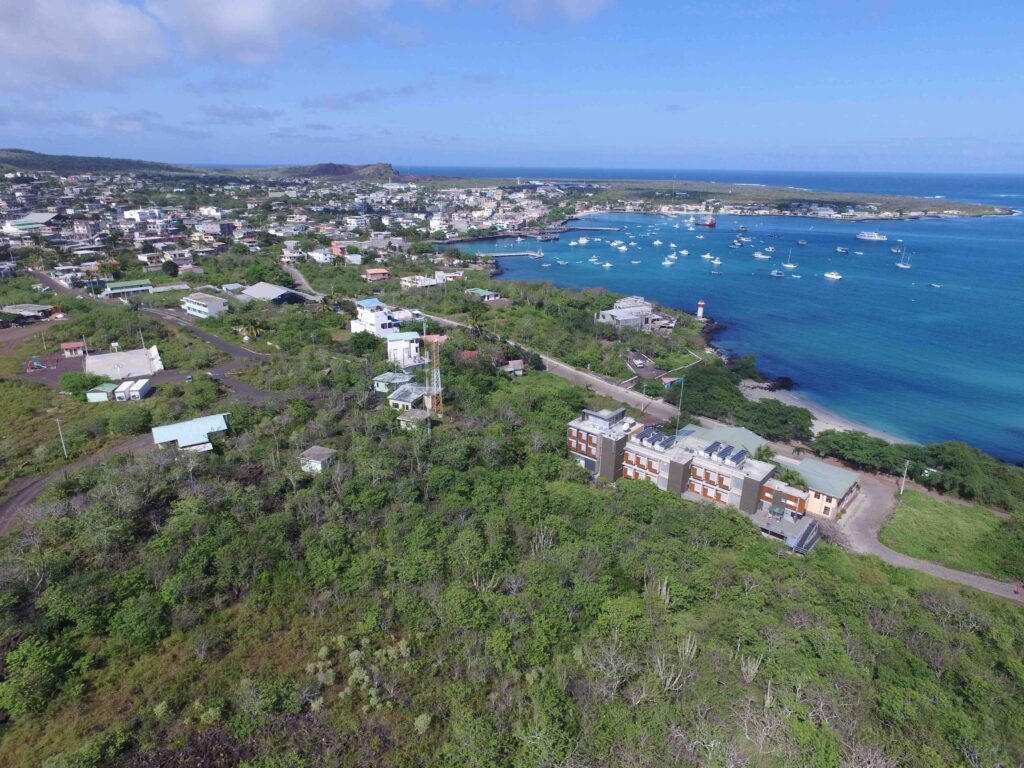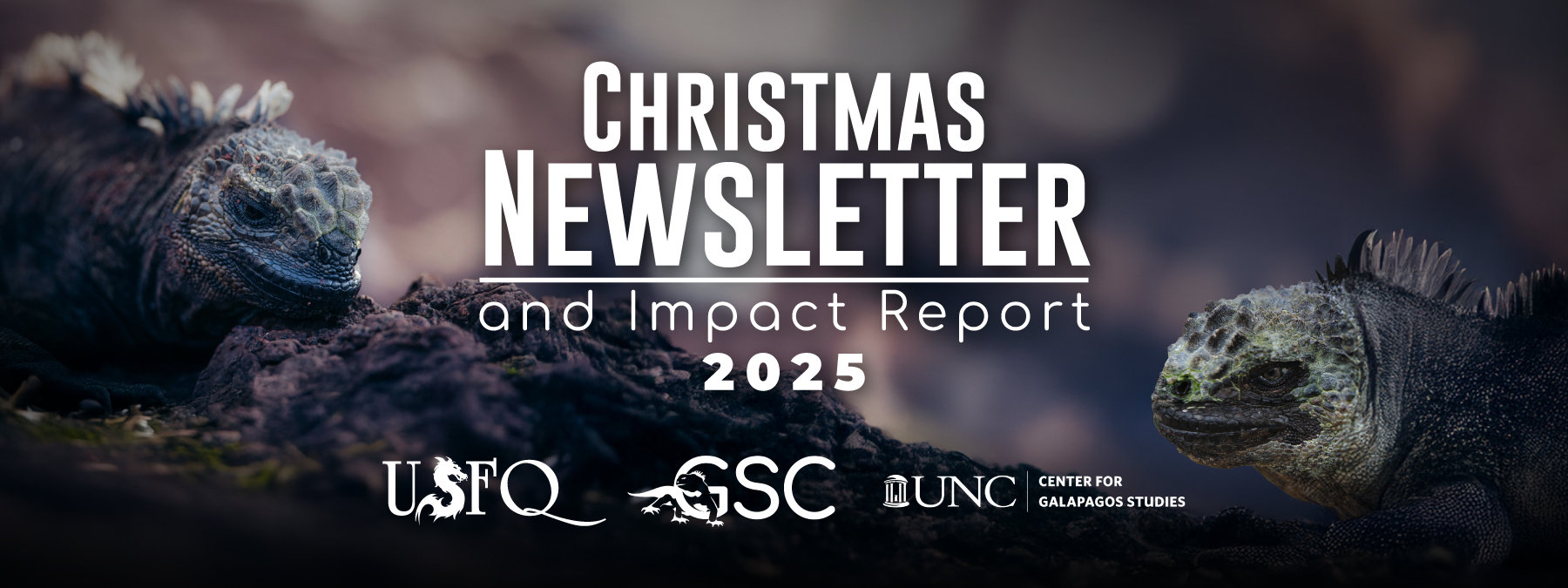Abstract
Renewable energy technologies may have positive socioeconomic and environmental consequences at the local, regional, and global levels. However, transitioning to renewable energy sources requires substantial capital investments, which calls for alternative funding mechanisms, particularly in developing areas. In this study, we used the contingent valuation method to assess the economic feasibility of voluntary contributions from tourists to fund renewable energy projects in the Galápagos Islands, a renowned tourist destination. Of the 336 tourists who completed our survey, 42.3 % were willing to donate. Estimation results based on logit models indicate that the likelihood of giving is inversely related to the donation amount and positively related to the perceived consequentiality of our study and the tourists’ familiarity with renewable energy. Conservative estimates indicate that the median tourist would make a one-time donation of US$ 85 to finance the transition to renewable energy. We conclude that voluntary donations from tourists can accelerate the transition to renewable energy and thus help the Galápagos Islands reach their goal of decarbonizing the islands by 2030.
Read the article in the link: https://doi.org/10.1016/j.esd.2024.101434






